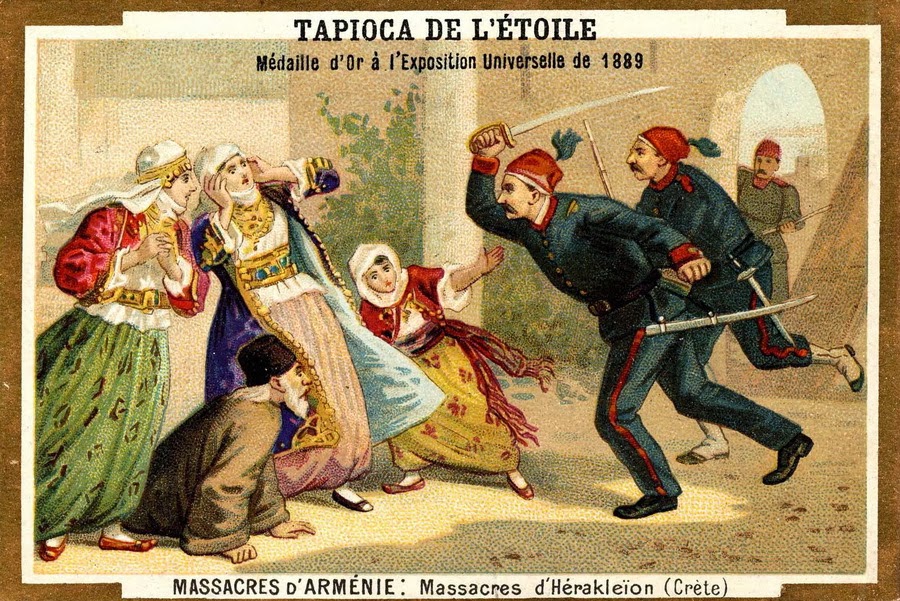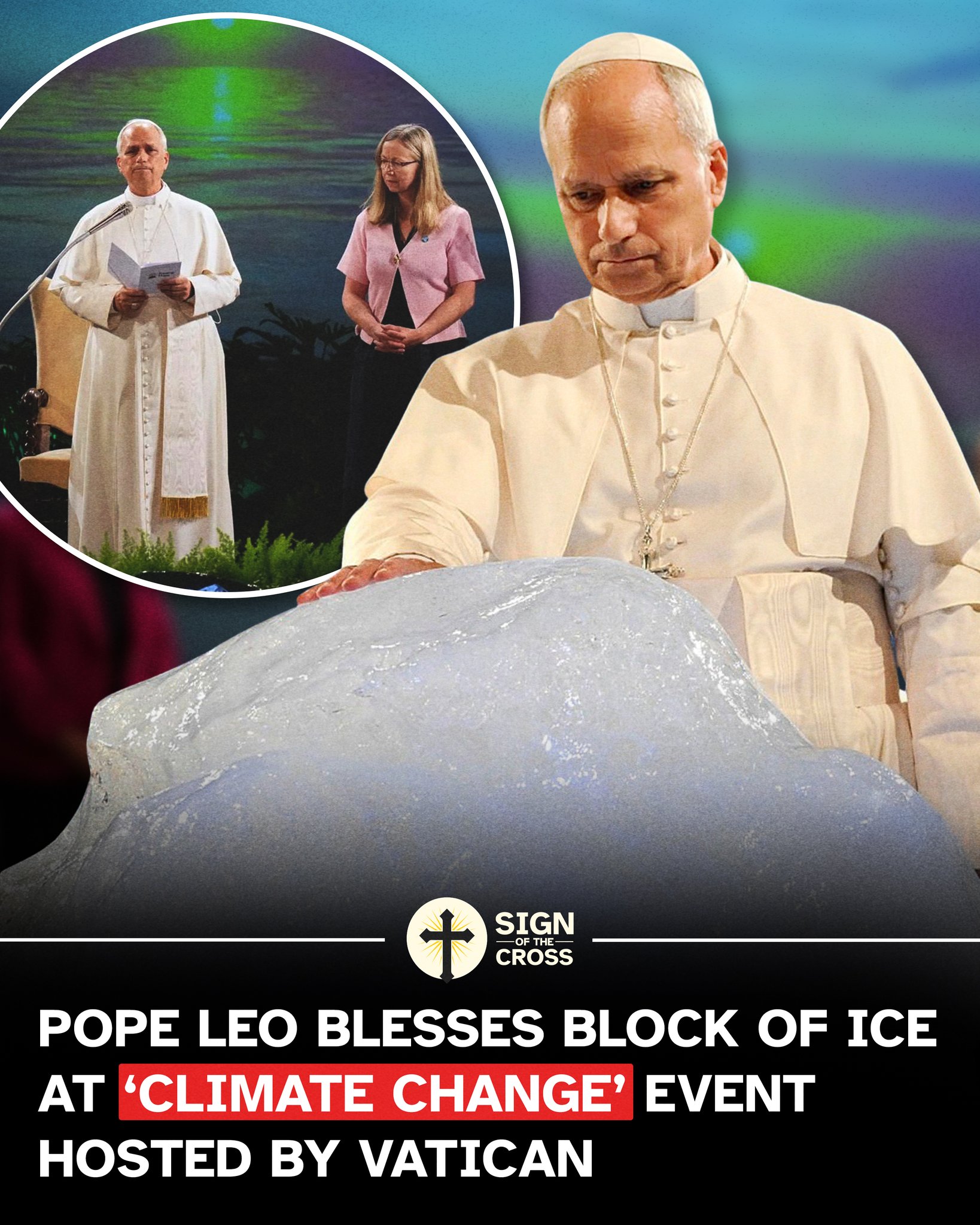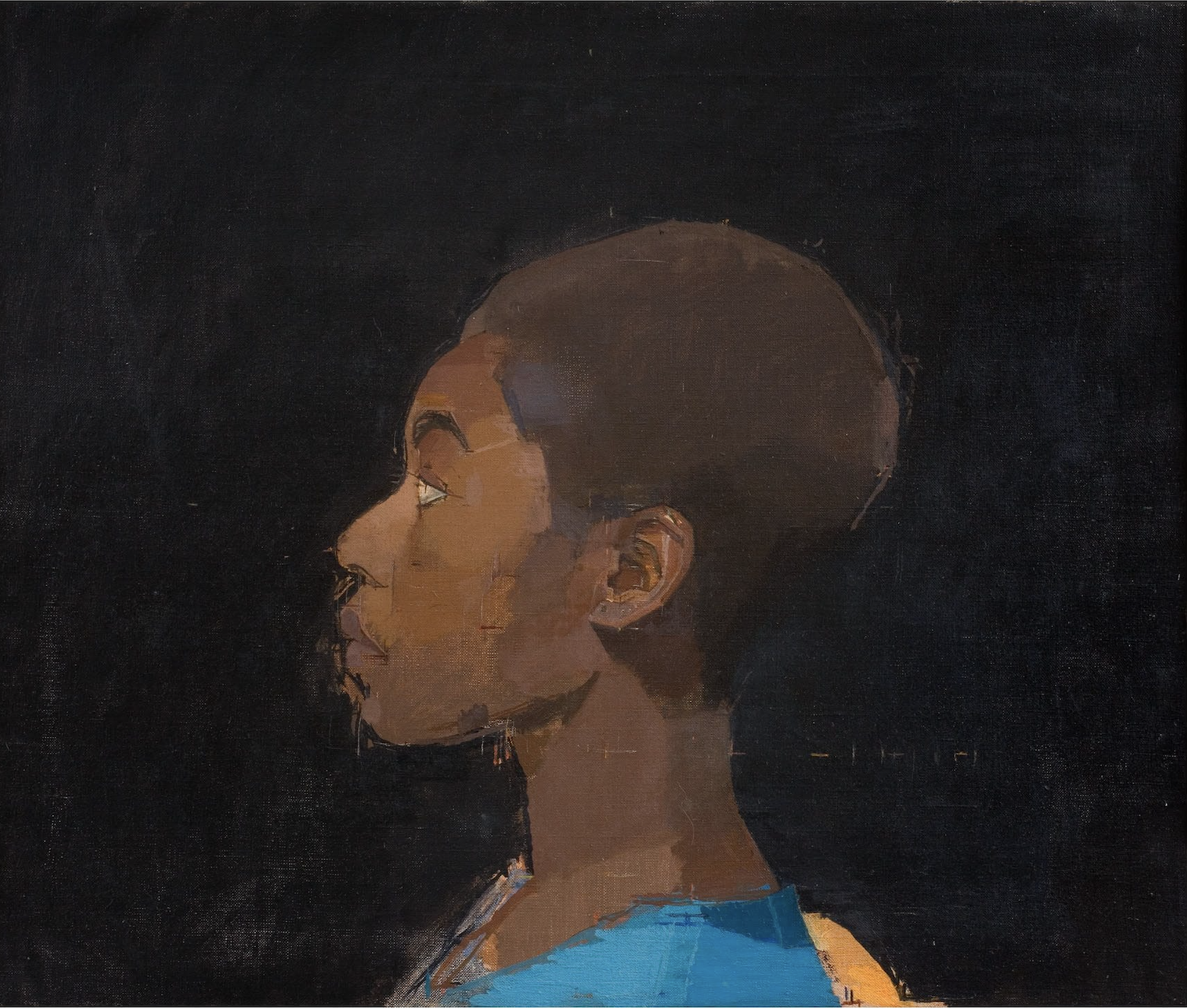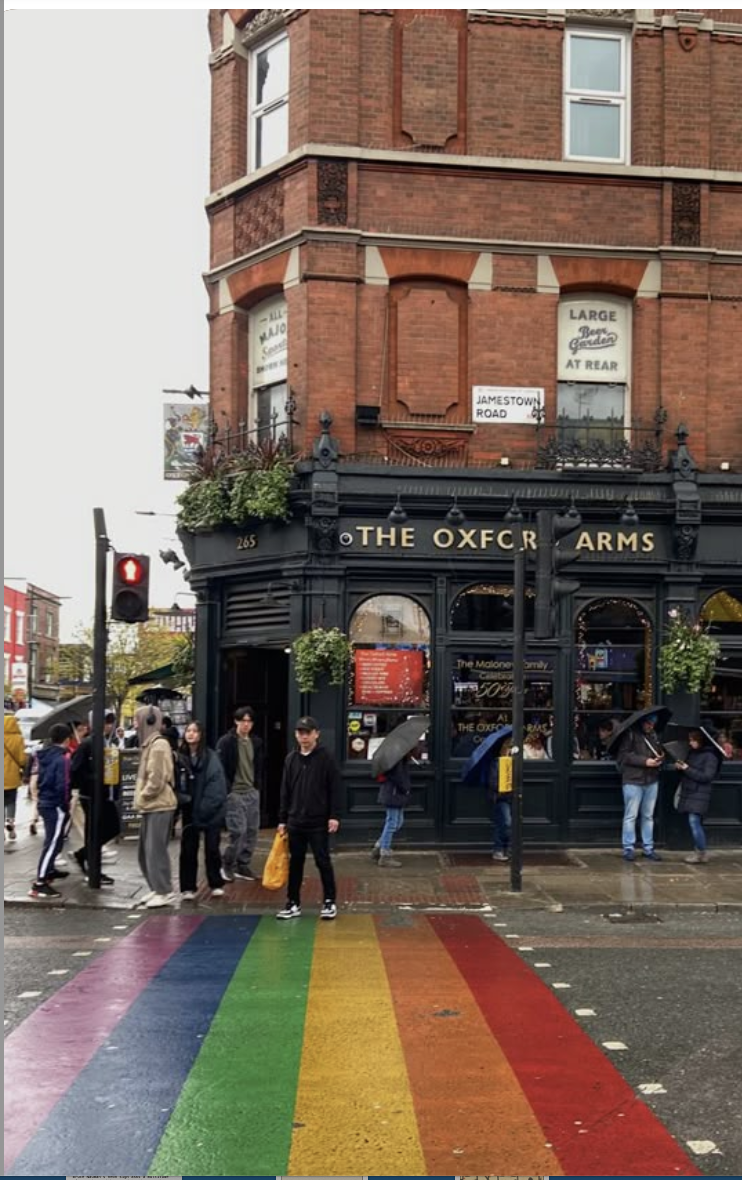This essay was written late on Election Day. Just as I was about to post it—within 30+ minutes of the polls closing—Zohran Mamdani was declared the Mayor-elect. The speed of the decision was more shocking than the result. I had expected he would likely win. I did not expect the outcome would not even be close. If votes for Cuomo and Sliwa had been added together, Mamdani’s empty rhetoric and ignorant proposals to make NYC “affordable,” would still have carried him to Gracie Mansion. Continue Reading







